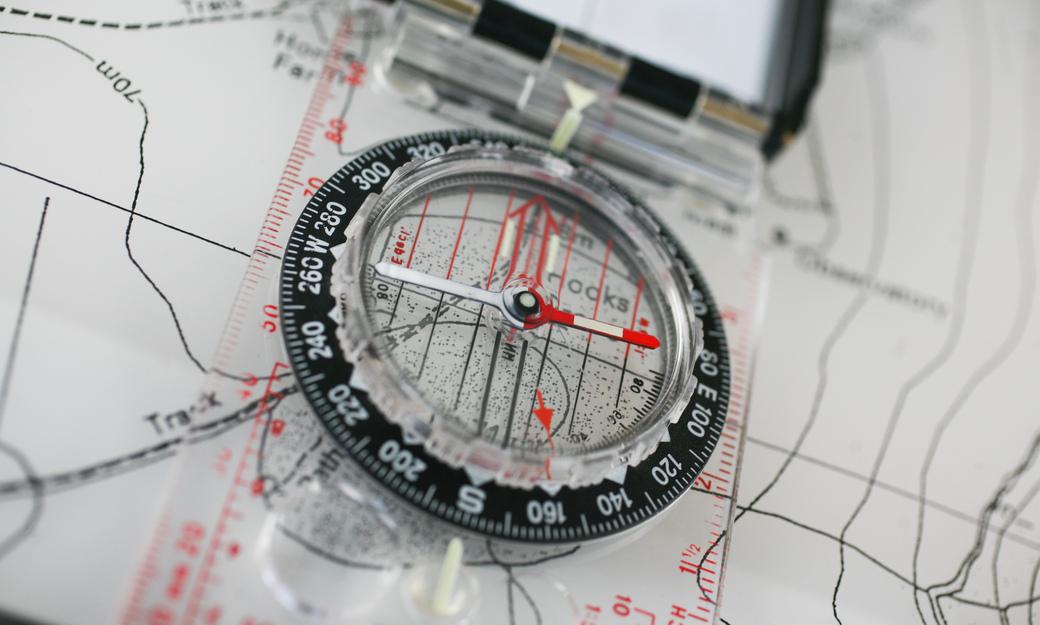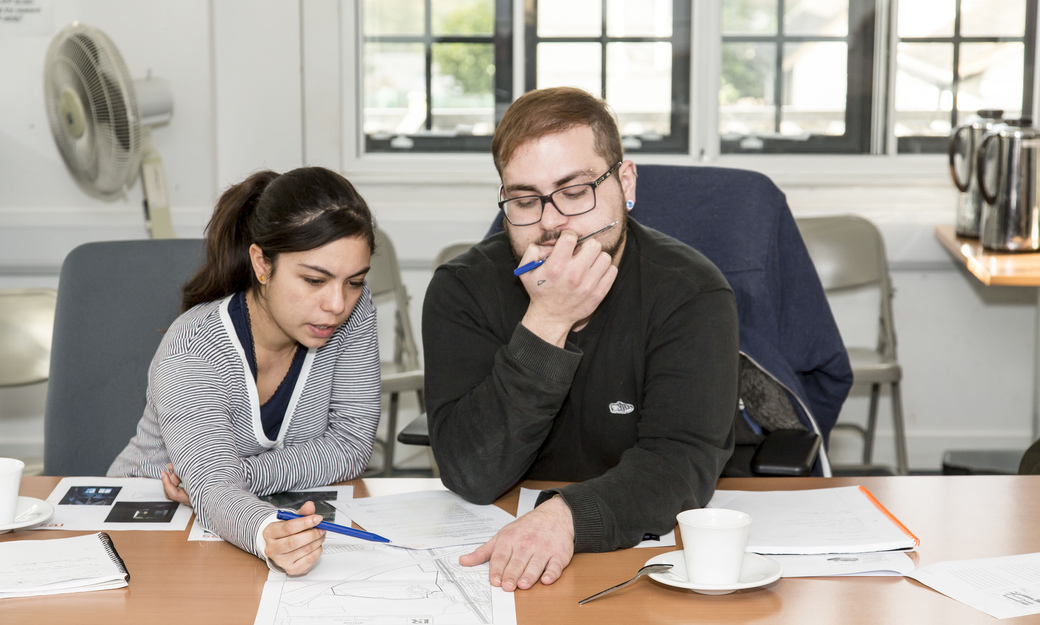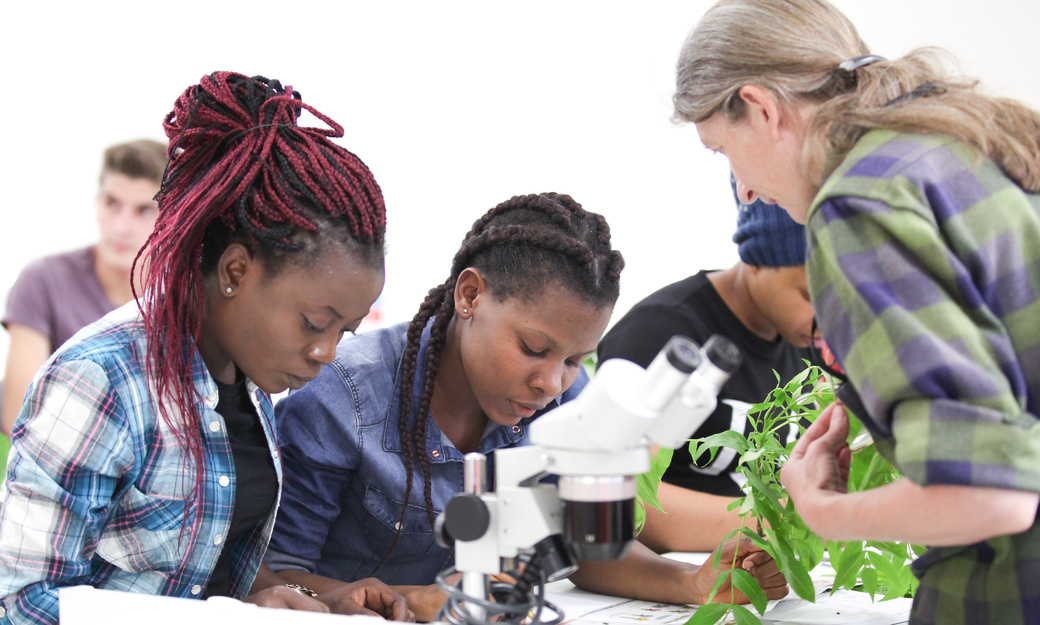Geography and Environmental Management
Hello Everyone!
Welcome to the Geography, Human Geography, Physical Geography and Environmental Management resource page.
Here you will find out exactly what our academics are looking for in their students, including skills they look out for, some of the topics they want you to know, recommended reading and useful places to boost your knowledge.
So without further ado let's get started!
Skills we are looking for
- Fieldwork experience
- Experience working in groups
- How to read an OS map
- How to use a compass
(The above skills are desirable but not compulsory, as we will teach you!)

Topics to explore before you start
- Basic knowledge of key environmental issues
- Basic knowledge of key societal issues
Watch our geography taster sessions to gain an insight into the knowledge you'll gain when studying geography at Herts.

Recommended reading to prepare for university
- Thomas, D.S.G. (2016) The dictionary of physical geography. 4th edn. Oxford: John Wiley & Sons. ISBN:111878233X.
- Gregory, D., Johnston, R., Pratt, G., Watts, M., and What more, S. (2009) The dictionary of human geography. 5th edn. Oxford: John Wiley & Sons. ISBN:9781405132886.
- Holden, J. (2017) An introduction to physical geography and the environment. 4th edn. London: Pearson Education. ISBN:1292083573.
- Holden, J. (2017) An introduction to physical geography and the environment. 4th edn. London: Pearson Education. ISBN:1292083573.
- Harris, F. (2012) 'Chapter 1: Human-Environment Interactions'. In Harris, F. (eds.) Global environmental issues. 2nd edn. USA: John Wiley & Sons. pp. 3-18. ISBN:0470684690.
- McNeill, J.R. (2001) Something new under the sun: An environmental history of the twentieth-century world. USA: W.W. Norton & Company. ISBN:0393321835.
- Marshall, T., and Scarlett, J. (2016) Prisoners of Geography: Ten maps that tell you everything you need to know about global politics. London: Elliott and Thompson Limited. ISBN:1783962437.
- Nayak, A., and Jeffrey, A. (2011) Geographical thought: An introduction to ideas in human geography. London: Routledge. ISBN:0132228246.
- Dorling, D., and Gietel-Basten, S. (2017) Why demography matters. Cambridge, England: Polity. ISBN:0745698409.
Excellent starting points you can 'dip into' and will be invaluable throughout your degree:
Starting text for Physical Geography students:
Starting text for Environmental Management students:
Starting text for Human Geography students:

Programmes to know
- A basic understanding of Microsoft Word
- A basic understanding of Microsoft Excel
- A basic understanding of Microsoft PowerPoint (for presentations)
(The above skills are desirable but not compulsory, as we will teach you!)
Websites our academics recommend
A good start for all things climate change and weather-related.
The OS (Ordnance Survey) website:
They create, maintain and distribute detailed location information for Great Britain. They record and keep 500 million geospatial features in the Ordnance Survey (OS) master map up-to-date.
The British Antarctic Survey website:
The British Antarctic Survey (BAS) delivers and enables world-leading interdisciplinary research in the Polar Regions.
The Royal Geographical Society:
The UK's learned society and professional body for geography, supporting geography and geographers across the world.
The leading subject association for all teachers of geography.
The Institute of Environmental Sciences (IES):
A charitable organisation that promotes and raises public awareness of environmental science by supporting professional scientists and academics working in this crucial area.
The U.S. Geological Survey (USGS) website:
The USGS site is interesting to physical geographers and environment students. It provides science about the natural hazards that threaten lives and livelihoods, the water, energy, minerals, and other natural resources we rely on, the health of our ecosystems and environment, and the impacts of climate and land-use change. Their scientists develop new methods and tools to enable timely, relevant, and useful information about the Earth and its processes.
NASA uses the vantage point of space to increase our understanding of our home planet, improve lives, and safeguard our future.
Geography & Environmental Science - Fieldwork For Students By Students:
For students who want hints and tips about fieldwork, this page was created by some of our students to encourage more students to get out into the field.
ArcGIS is a Geographical Information Systems (GIS) package that we teach our students. The ArcGIS newsroom has some really interesting stories on a wide variety of geographical topics.
TED talks on the usefulness of mapping and spatial/geographical data:
How megacities are changing the map of the world
Maps that show us who we are (not just where we are)
Can we call it a "world map" if it's missing a billion people?
Professional bodies to research
The Institute of Environmental Sciences (IES):
Our Environmental Management and Ecology degree is accredited by the Institute of Environmental Sciences.
The Royal Geographical Society:
Our three Geography degrees are all accredited by the Royal Geographical Society.

Courses Herts offer
Interested in studying Geography, Human Geography, Physical Geography and Environmental Management here at Herts?
Take a look at our undergraduate courses below:
Plus all compulsory field trips, including our residential field courses to the Lake District and Switzerland, are included in your fees with NO additional charges.
As part of these courses, you will have the opportunity to add an additional year to study abroad or do a work placement.
Get a feel for studying at Herts
Contact us
We hope you all found these resources useful but we appreciate that you may have more questions.
If you have any questions regarding our campuses, facilities, accommodation or just general life here at Herts, you can contact current Herts students via Unibuddy.
